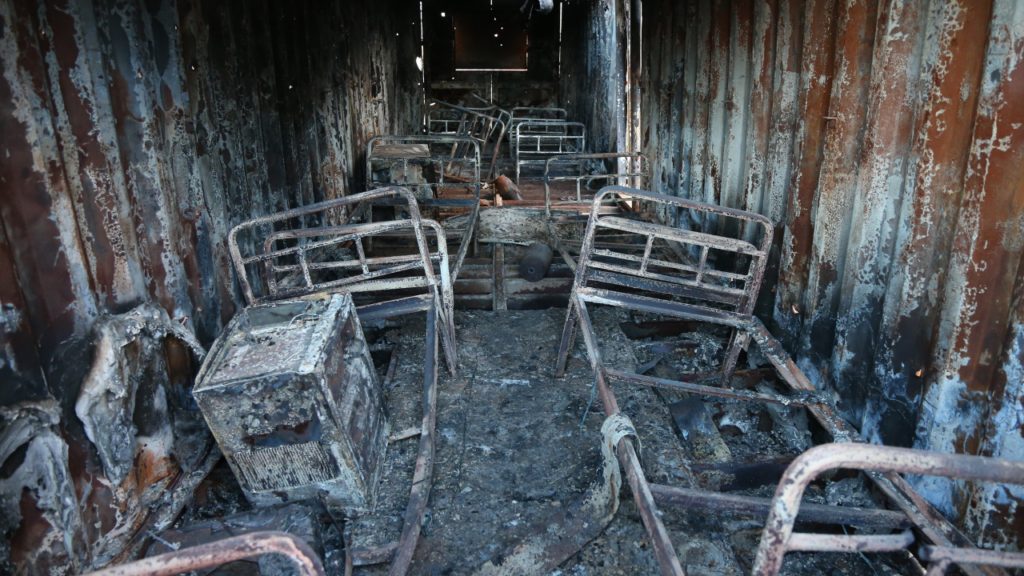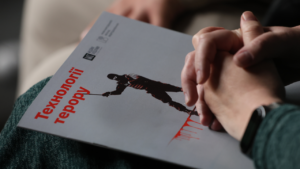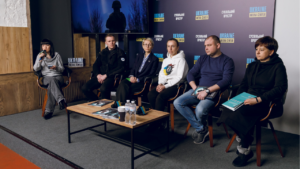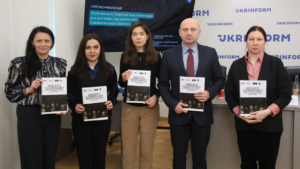Human rights defenders develop a roadmap for documenting the torture of Ukrainians as crimes against humanity

Since the beginning of Russia’s full-scale invasion of Ukraine, the World Organisation Against Torture (OMCT) and its partners — the Media Initiative for Human Rights and the ZMINA Human Rights Center — have been documenting crimes committed by Russian military personnel and other representatives of the Russian authorities against the civilian population of Ukraine in the occupied territories. Back in 2022, OMCT developed a methodology for conducting in-depth interviews with victims of torture in the context of armed conflict. This methodology is based on international legal instruments and the norms of international humanitarian law, and has been adapted to the Ukrainian socio-political and cultural context. These developments formed the basis of OMCT’s roadmap, which aims to support the investigation of systematic torture and related human rights violations as potential crimes against humanity.
The roadmap offers practical guidance for human rights defenders, journalists, and civil society actors working directly with victims and primary sources of evidence. The document is grounded in OMCT’s investigative strategy for Ukraine, as well as the elements of crimes outlined in the Rome Statute of the International Criminal Court (ICC) and relevant international jurisprudence. The publication also includes recommendations on evidentiary standards to help researchers build credible and legally sound bodies of evidence.
The goal of the roadmap is to equip civil society with tools to identify acts that may constitute crimes against humanity, to understand the legal and contextual elements required to hold perpetrators accountable, and to make a meaningful contribution to national and international justice efforts. While civil society does not have the authority to carry out criminal prosecutions, the roadmap is designed to make their work more impactful — strengthening the voices of victims and supporting pathways to accountability, both in Ukraine and internationally.
The roadmap was prepared with financial support from the Open Society Foundations, the European Union, the Ministry for Foreign Affairs of Finland, the Ministry of Foreign Affairs of the Principality of Liechtenstein, and the Department of Foreign Affairs of Ireland. The content of this roadmap is the sole responsibility of OMCT.







